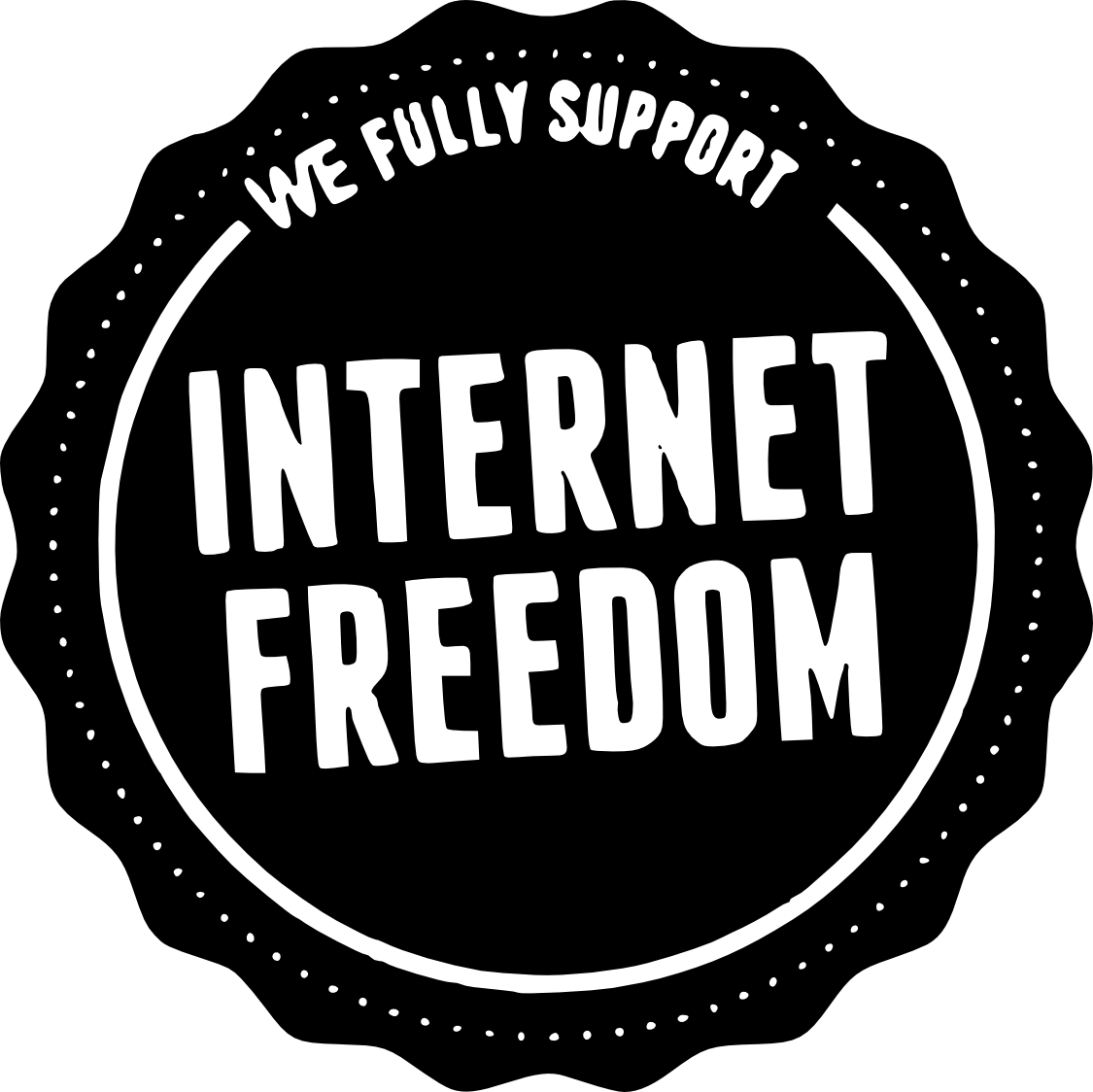With the recent Internet shutdown in Togo adding to the growing list of Internet shutdowns in Africa, with at least 11 in 2016 and 7 this year already, it is easy to see how Internet shutdowns have dominated discussions on digital rights in Africa.
In 2017, Internet shutdowns and disruptions have occurred in Ethiopia, Cameroon, Mali, Senegal, Morocco, South Sudan and Togo under the guises of preventing examination malpractices, controlling citizens’ protests and others. Using their power as the sole providers of telecommunications services or with the assistance (sometimes under coercion) of private telecommunications companies, these governments totally cut off or disrupted access to the Internet or specific social media applications such as Facebook, Whatsapp and Twitter within their territories.
This brief seeks to highlight the impact of Internet shutdown on press freedom while at the same time argues that the media and other stakeholders must-see Internet Freedom advocacy as the new Press Freedom advocacy.
****
While it is easy to see the big picture of Internet shutdowns and disruptions, it might also be easy to lose sight of other digital rights violations within Africa, particularly the surveillance and arrests of journalists, or how Internet shutdowns affect the work of journalists across the continent. Even though there were numerous arrests of citizens and bloggers by governments in 2016, 2017 has seen a severe onslaught on online journalists in Africa. Being an online journalist is fast becoming one of the most dangerous jobs in Africa. The extensive government mandated surveillance -1 and blocking of news websites in Egypt -2 and the arrests of online journalists covering the Al-hoceima protests-3 in Morocco are highlights which demonstrate how journalists have become the prime target for state-sponsored attacks in 2017.
Furthermore, the clampdown on journalists working digitally also extended to citizen journalists. In the heat of political protests and elections, citizen journalists are often the first on the scene to capture and share pictures of police brutality on social media, actions which have incurred jail time and fines across Africa.
Elections and protests also routinely trigger Internet shutdowns in many African countries, a development that hampers the ability of online journalists to do their job.
Freedom of expression is a bellwether for other human rights around the world because the state of freedom of expression is a good indicator of other human rights. Journalists, because of the nature of their profession, are guardians of freedom of expression and the conscience of society. The numerous attacks on online journalists and citizen journalists this year hit a new high and must be resisted.
The world is still searching for solutions to Internet shutdowns. In Africa in particular, civil society groups have explored avenues such as litigation4,5 to make governments accountable for Internet disruptions in their territories. The available evidence shows that these efforts are yet to have the desired effect on government behaviour.
Read the full policy brief here
- Marwa Morgan, “How surveillance, trolls, and fear of arrest affect Egypt’s journalists”. Committee to Protect Journalists, June 12 2017.
- Ahmed Aboulenein, “Egypt blocks 21 websites for ‘terrorism’ and ‘fake news’”. Reuters, May 24 2017.
- “Morocco obstructs coverage of Rif protests”. Reporters without borders, July 23 2017.
- “MLDI and Veritas Law bring case before the Constitutional Council of Cameroon challenging Internet shutdown”. May 4, 2017.
- “UCC Dragged to Court Over ‘Unlawful’ Social Media Shutdown in 2016 Elections, Date Set for Case Hearing”. March 15, 2017.
